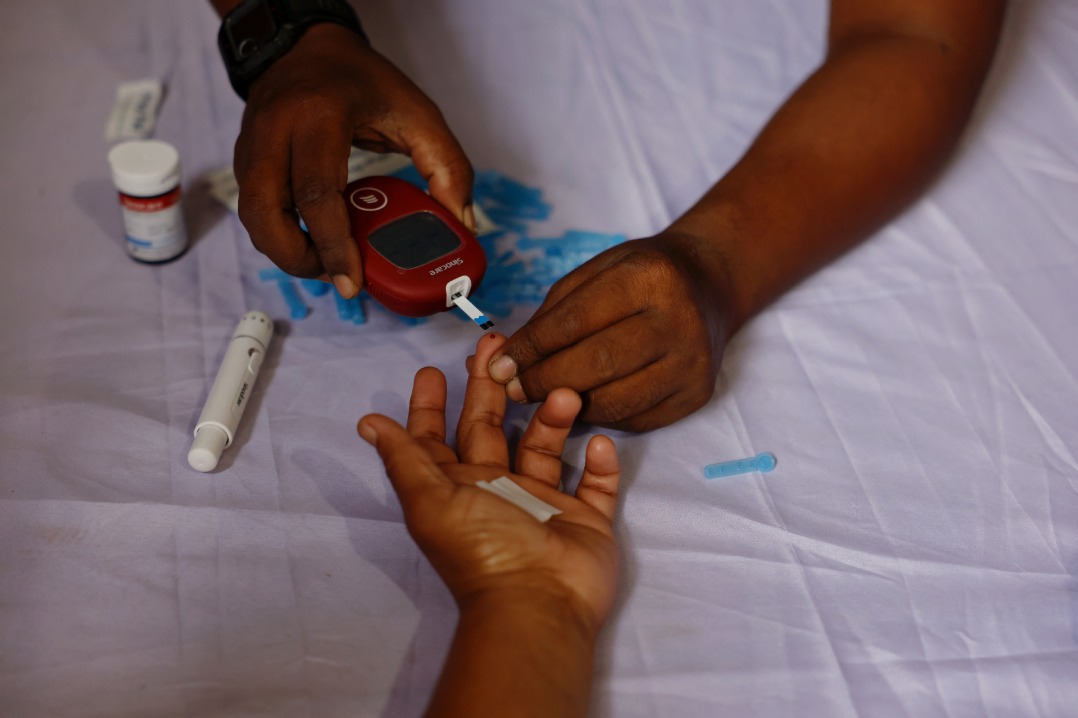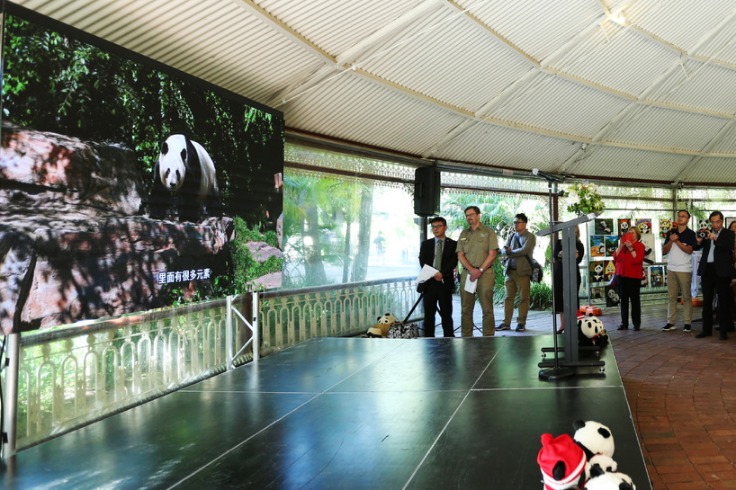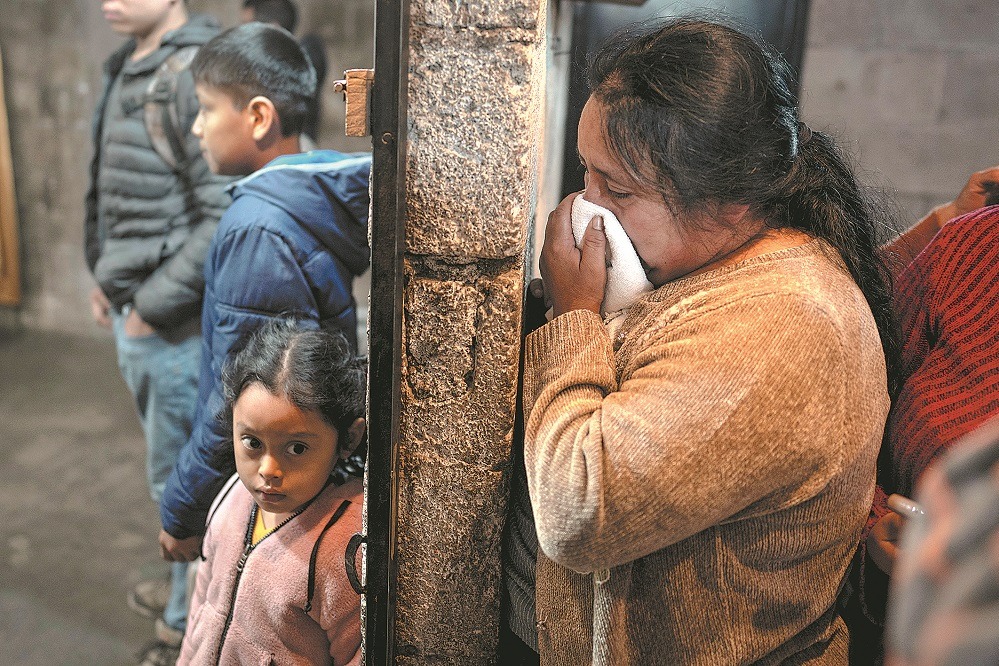Nigeria violence force 23,000 refugees into Niger despite COVID-19


Ongoing violence in parts of northwestern Nigeria forced about 23,000 people to seek safety in Niger in April despite the ongoing coronavirus pandemic, according to the United Nations High Commissioner for Refugees.
This brings the total number of refugees from Nigeria's Sokoto, Zamfara and Katsina states to Niger's Maradi region to more than 60,000 since the first influx in April last year.
The UN agency said refugees from Nigeria are being allowed to seek protection in Niger despite border closures due to novel coronavirus.
The latest influx of refugees mainly consists of desperate women and children, following attacks by gunmen in the region. The clashes are blamed on farmers and herders of different ethnic groups, as well as vigilantism.
In a press briefing on Tuesday at the Palace of Nations in Geneva, Babar Baloch, UNHCR spokesman, said the refugee agency is concerned about deteriorating security inside Nigeria and the risk of armed incursions spilling over into Niger.
Baloch said the deadliest attack claimed 47 lives in the Kankara, Danmusa and Dusi-ma local government areas in Katsina state and prompted airstrikes by the Nigerian armed forces.
"Those fleeing speak of extreme violence unleashed against civilians, murders, kidnappings for ransom and pillaging and looting of villages," Baloch said.
Baloch said new arrivals are in urgent need of water, food and access to healthcare services, as well as shelter and clothing, adding that many were barely able to carry anything in the rush to save lives.
"We are working closely with authorities in Niger to relocate at least 7,000 refugees to safety in villages 20 kilometers away from the border, where water, food, shelter, access to healthcare and other essential assistance can be provided," Baloch said.
"This will also help in easing the pressure on host communities in border areas, where basic infrastructure and services are lacking."
Baloch said while the violence is not directly linked to armed groups operating in the Lake Chad region and the Sahel, it adds Maradi to other areas in Niger struggling with insecurity, including Diffa, Tillaberi and Tahoua, further straining humanitarian agencies' financial resources and capacity to respond.
Apart from the refugees from Nigeria, an additional 19,000 Niger nationals also have become displaced inside their own country due to fleeing the same insecurity in border areas.
































